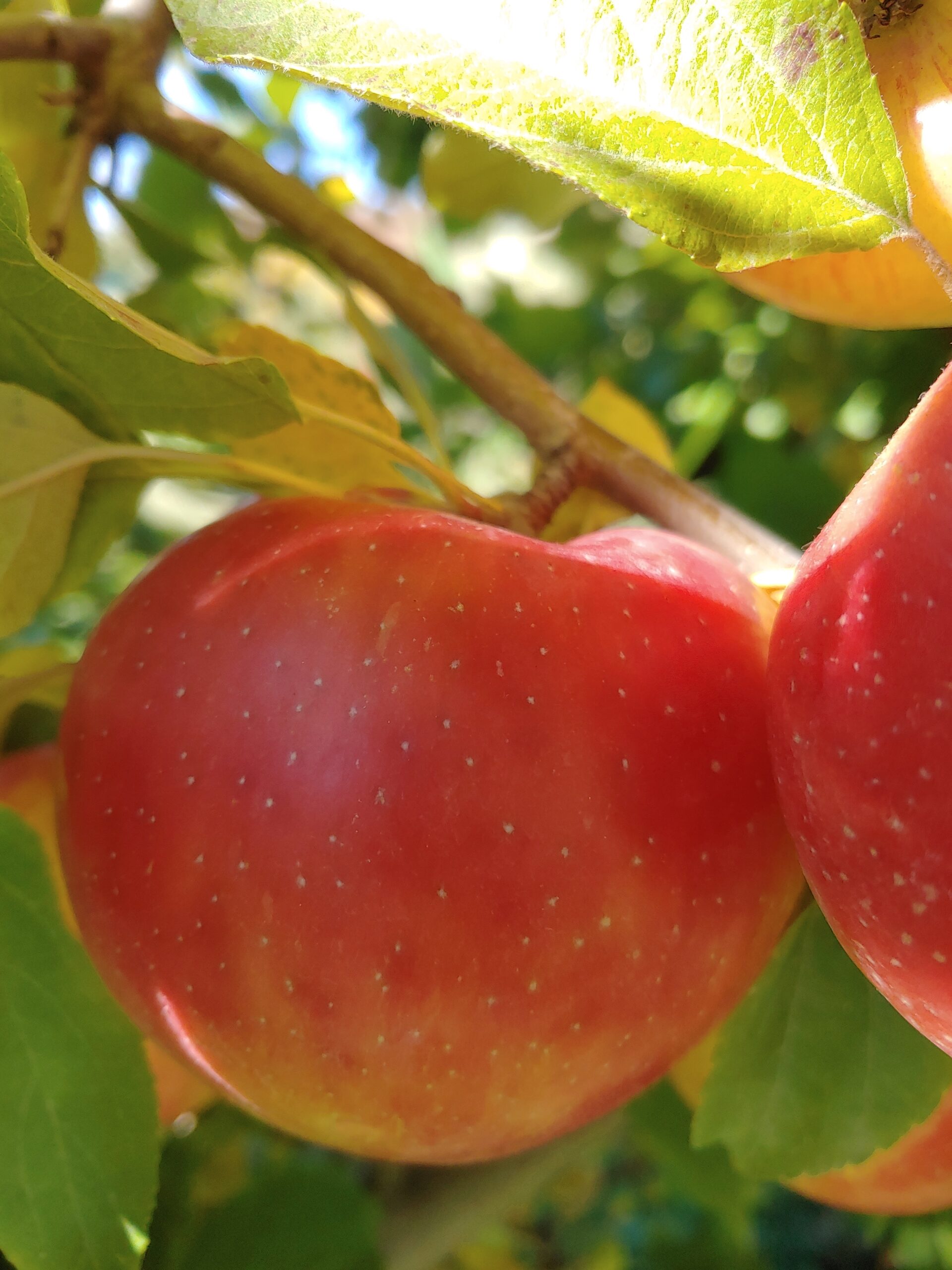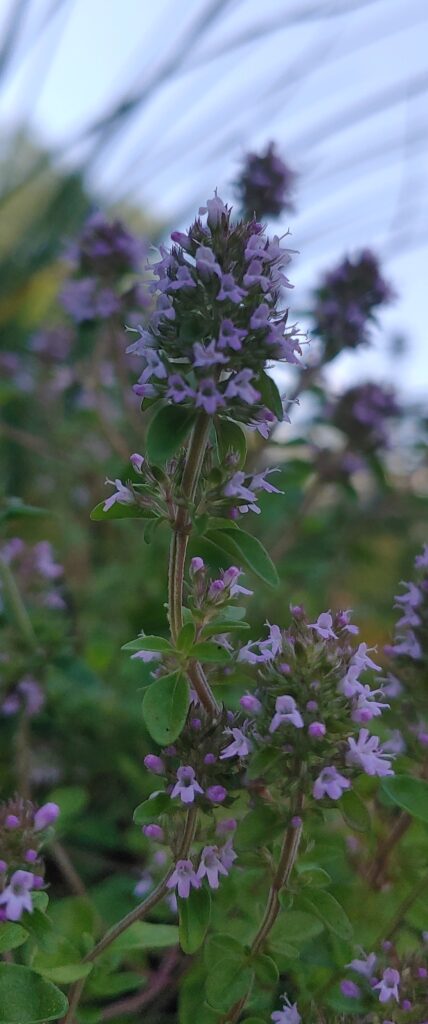Absence
This morning as low clouds
skidded over the spires of the city
I found next to a bench
in a park an ivory chess piece –
the white knight as it turned out –
and in the pigeon-ruffling wind
I wondered where all the others were,
lined up somewhere
on their black and red squares,
many of them feeling uneasy
about the saltshaker
that was taking his place,
and all of them secretly longing
for the moment
when the white horse
would reappear out of nowhere
and advance toward the board
with his distinctive motion,
stepping forward, then sideways
before advancing again –
the same move I was making him do
over and over in the sunny field of my palm.
Billy Collins, Nine Horses; New York: Random House, 2002, pp.19-20
When I leave a particular job or community, I want to leave behind people who are more than capable of carrying on without me. I want them to be glad for my time there but not dependent on my presence or uneasy in my absence. I want to leave people stronger, not weaker. I want them to welcome the new person who takes my place, anticipating the new adventures she or he will bring. New possibilities will come with my departure (saltshakers bring new ideas and opportunities).
It’s a wonderful truth that doesn’t get enough attention: everyone is irreplaceable, but someone else can surely do the work.
What is true in work is also true in life. When I go, I want to leave behind a world stronger for my having visited, and more than capable of joyfully moving on without me.





